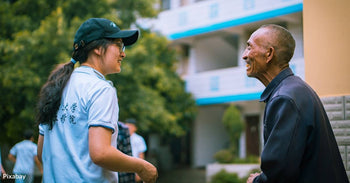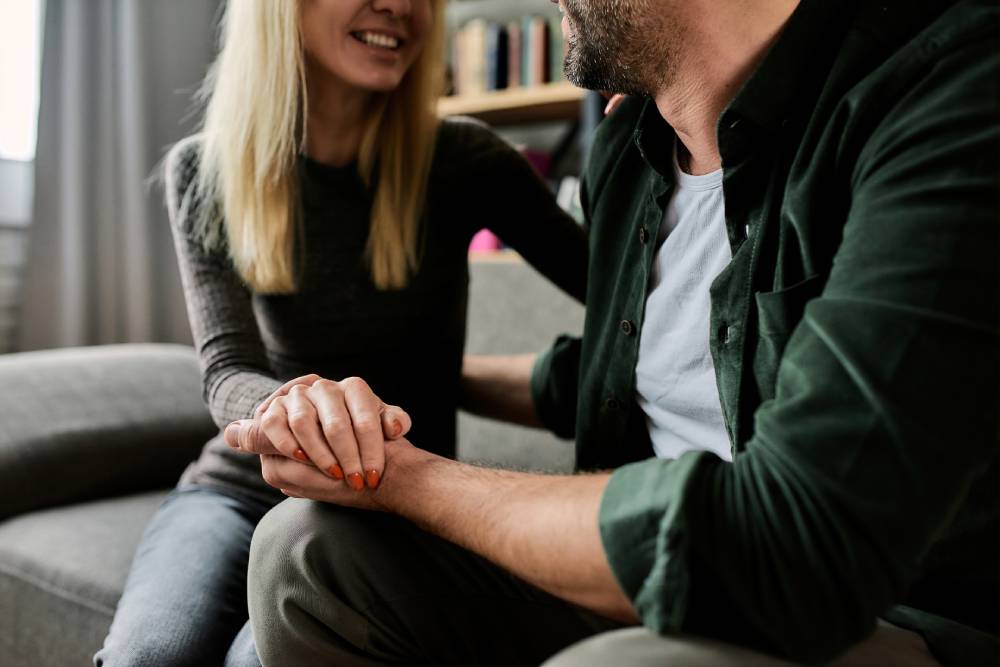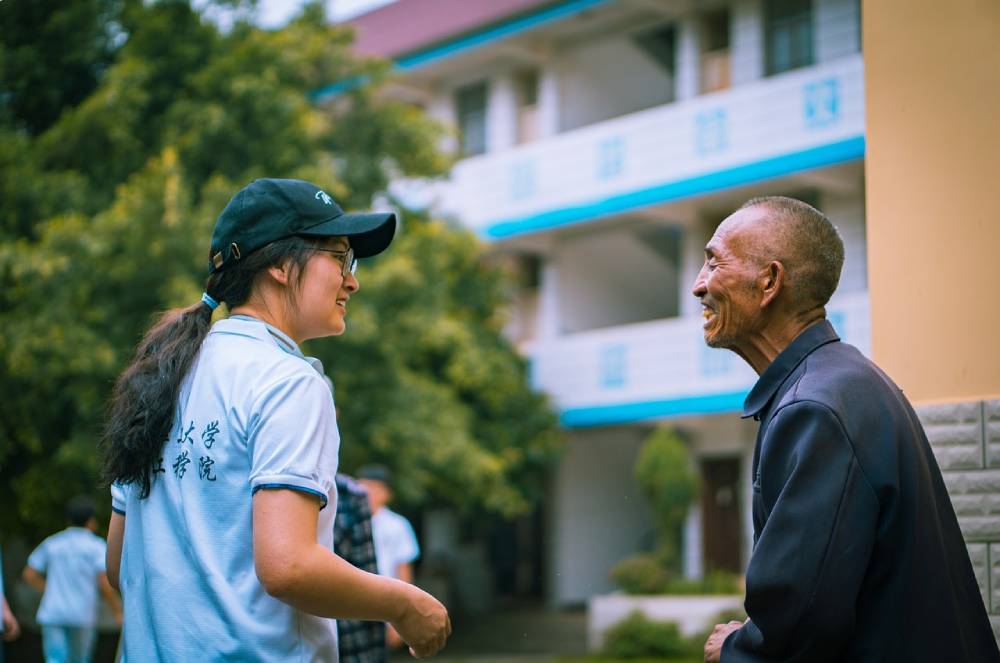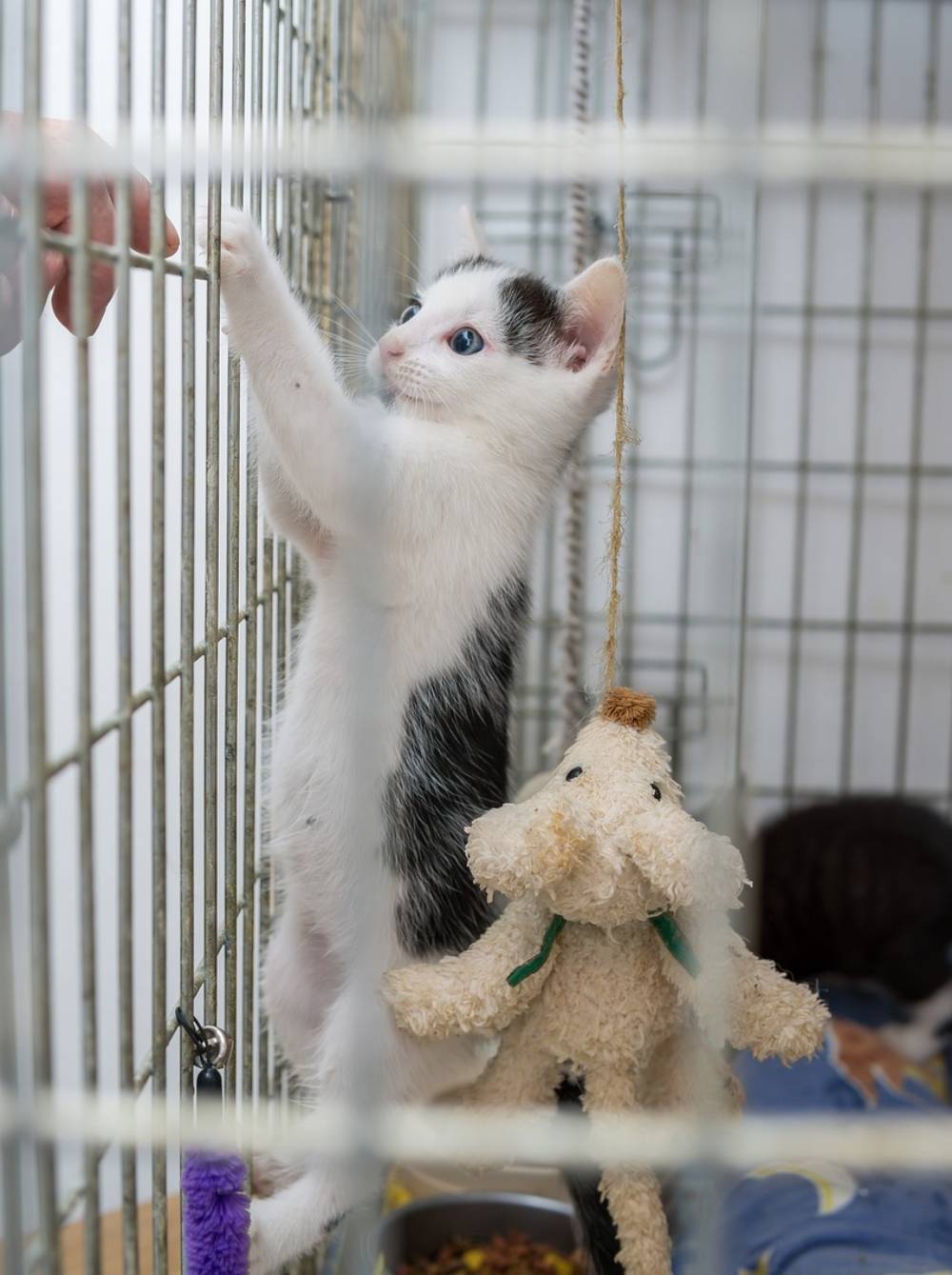

June 4, 2024 Michelle Milliken
When you head out to warm up your car in the winter and see a neighbor has brushed the snow off your windshield, or when you’re having a rough day and your friend stops by with a coffee treat, it can bring a smile to your face. Did you know these kind actions are also beneficial for the person doing them, though? Each February, Random Acts of Kindness Day is held on February 17, and Random Acts of Kindness Week prolongs the festivities. Here are some reasons you may want to join in, in addition to making someone else feel important.

PHOTO: ADOBE STOCK / ANTONIODIAZ
When you do something nice for someone, it can lessen your depression, give you a sense of wellbeing, and build up personal attributes that make life easier. Research published in The Journal of Positive Psychology found that when people with anxiety or depression were asked to perform acts of kindness, partake in social activities, or work on thought reappraisal, those who did kind things had the most improvements in their anxiety and depression symptoms and the highest life satisfaction. Another study of nearly 500 people asked participants to either do something kind for others or the world, or to do kind things for themselves. Those who were tasked with doing good for others had more of an increase in their psychological wellbeing than the self-focused group. They also had an increase in positive emotions and a decrease in negative emotions, which wasn’t seen in the self-focused group. The authors say, “People striving for happiness may be tempted to treat themselves. Our results, however, suggest that they may be more successful if they opt to treat someone else instead.” Kindness may not only help minimize depression and pivot you to more wellbeing. It may also help give you attributes you need to make life more bearable. Research involving nearly 150 people showed that those who began a practice of loving-kindness meditation boosted positive emotions, which, in turn, led to things like increased mindfulness, a life purpose, and social support. This all contributed to more life satisfaction.

PHOTO: ADOBE STOCK / SYDA PRODUCTIONS
It’s not just your brain that benefits from kindness. It’s also your physical health! It can help safeguard your heart and boost longevity. Research has shown that adults 55 and older who volunteer for at least two organizations have a 44% lower likelihood of dying. A pair of studies also demonstrated how looking out for others can protect your heart health. One, involving nearly 200 adults with high blood pressure, found that the more money participants spent on others, the lower their blood pressure was two years later. In the second study, participants were tasked with either spending three straight weeks spending money on others or on themselves. The first group had blood pressure decreases comparable to medication or exercise.

PHOTO: ADOBE STOCK / SVITLANA
Strong relationships can improve our mental and physical health, as well, and kindness is a big contributor to strengthened connections with others. Research has shown that when someone does something kind for another person, both people have strong positive reactions. In fact, the people who do the kind deeds are often surprised how much it improves the mood of the recipient. A study from the University of British Columbia also found acts of kindness can foster relationships through tackling social anxiety. The research team had more than 100 undergraduate students with social anxiety either perform acts of kindness, boost their social interactions, or record what happened to them each day. The group that performed kind acts had the biggest reduction in their desire to avoid social interactions.

PHOTO: PIXABAY
One of the ways you can show kindness to others is through volunteering. This helps address loneliness in both the volunteer and the community being helped, and it builds connections among neighbors. You don't have to volunteer, either. Just trying to improve a random stranger's day can benefit your community. In one experiment, researchers found that recipients of kind acts were more apt to pay it forward. Participants in a study were asked to split money they were given between themselves and someone they would never meet. When these people had recently been on the receiving end of a kind act, they gave more to this anonymous person than participants who had not recently been shown a kindness. The team behind that experiment also found that positive impacts on strangers were strong, just as they would be on loved ones. This was illustrated by an experiment involving giving hot chocolate to ice skaters on a cold day. Those who passed out the warm beverages weren’t expecting quite the amount of positive reaction that resulted. They’d thought it wasn’t that big of a deal.

PHOTO: PIXABAY / GUNDULA VOGEL
Michelle has a journalism degree and has spent more than seven years working in broadcast news. She's also been known to write some silly stuff for humor websites. When she's not writing, she's probably getting lost in nature, with a fully-stocked backpack, of course.